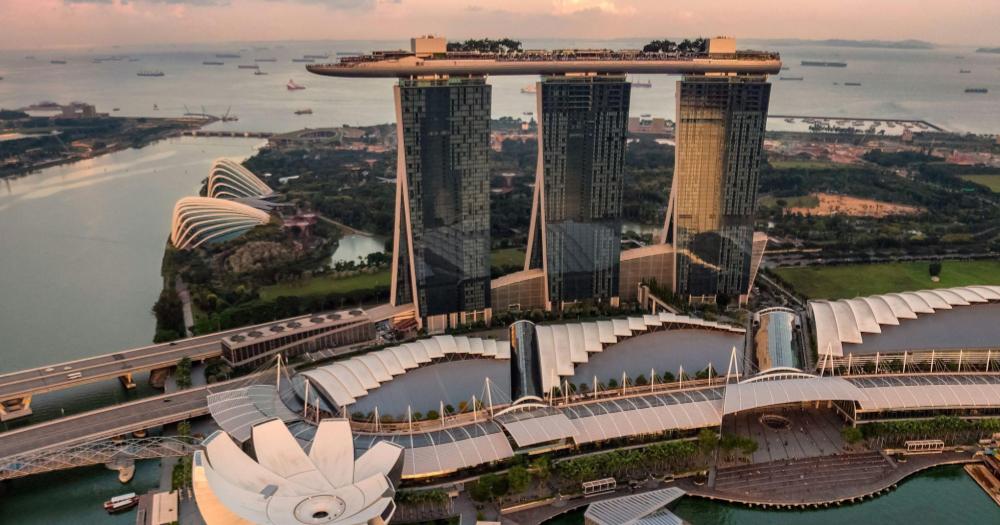On Mar. 18, China's embassy in Singapore issued a warning to Chinese citizens in Singapore not to gamble overseas.
Held accountable according to the law
In a post on the embassy's WeChat account, it "solemnly reminded" Chinese citizens that gambling is illegal in China, and that amendments to China's criminal law have "officially criminalised cross-border gambling".
This is regardless of whether the overseas casinos in question are operating legally in their home countries, and those who engaged in cross-border gambling "will be held accountable according to the law".
China's embassies or consulates will not be able to provide consular protection for such "illegal activities".
The post also sternly warned that gamblers may be "burdened" with gambling debts, the loss of their families, as well as "fraud, money laundering, kidnapping, detention, trafficking, and smuggling".
Targeting Chinese citizens
Reuters reports that China has been cracking down on illegal cross-border gambling and the dangers they pose, as seen by similar warnings being issued by embassies in South Korea and Sri Lanka.
Singapore is a popular destination for Chinese tourists, and is also home to two casinos, the Marina Bay Sands and Resorts World Sentosa.
Throughout Southeast Asia, a substantial number of casinos and gambling based tourist destinations aimed towards Chinese citizens have emerged.
Countries such as the Philippines and Cambodia operate extensive gambling operations which are popular with Chinese travellers, as reported by The Diplomat in 2021.
In 2019, Bloomberg estimated that online casinos targeting Chinese punters were expected to reach US$24 billion (S$32.1 billion) in sales.
Crackdown
China's government has sought to push back on such operations, working with regional governments to do so.
In February 2024, Rappler reported that the Philippines deported 42 Chinese nationals who were working for an "illegal Philippine offshore gaming operator".
The Business Times reports that the warning appears to not have significantly impacted the shares of Genting Singapore, the operator of Resorts World Sentosa.
Following the Chinese Embassy's post, shares in Genting Singapore dipped...by 0.6 per cent.
Top image via Hu Chen/Unsplash

If you like what you read, follow us on Facebook, Instagram, Twitter and Telegram to get the latest updates.



